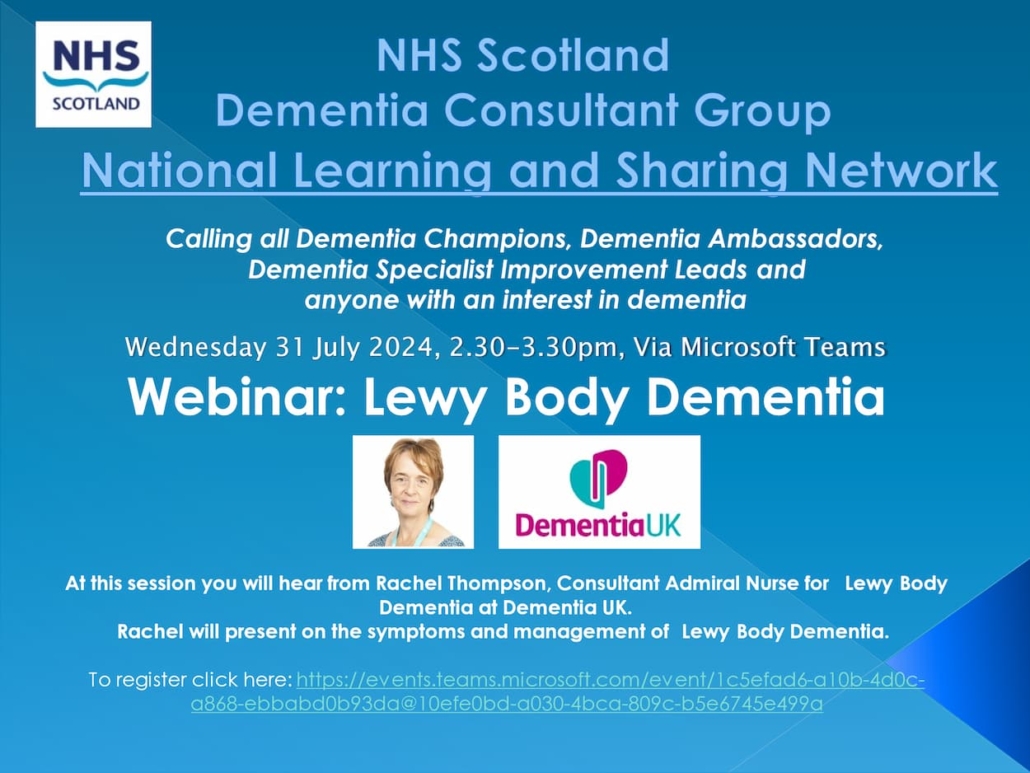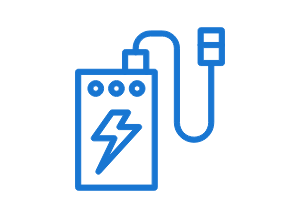From managing symptoms to maintaining a sense of normalcy, finding resources and tools to navigate life for service users and their loved ones is invaluable. Fortunately, the digital age offers a plethora of solutions, from therapeutic music playlists to assistive gadgets. In this curated list, we’ll explore a variety of websites and apps designed to support individuals and their caregivers. Whether you seek calming melodies or practical aids, these resources aim to enhance quality of life and foster a sense of connection and empowerment.
You might also wish to take a look at these Everyday Aids for People with Dementia.
Sometimes, the overwhelming weight of anxiety and agitation can overshadow daily life. Playlist for Life offers a remedy in the form of personalised music playlists. By compiling your favourite or most meaningful songs, you can tap into the therapeutic power of music, elevating your mood without the need for medication. Best of all, this service is free, making it accessible to all.
See also: How to make a playlist for life
Stay connected to your local community with Lothian Sound‘s weekly audio recordings of news and events. For individuals living with dementia, maintaining a sense of belonging and awareness of what’s happening in their surroundings can be crucial. These recordings provide a convenient way to stay informed and engaged.
Keeping both mind and body active is essential for overall well-being, especially for those affected by dementia. MindMate offers a daily dose of recommended activities designed to stimulate cognition and promote physical health. With a user-friendly interface, this app makes it easy to incorporate these activities into daily routines.
Simplify daily tasks with My Home Helper, a user-friendly computer or tablet interface that can be controlled remotely. Whether it’s setting reminders, managing schedules, or staying connected with loved ones, this tool is designed to enhance independence and autonomy for individuals living with dementia.
Explore a vast array of gadgets and aids to assist with almost any daily activity on Living Made Easy. From kitchen utensils to mobility aids, this comprehensive resource aims to make daily life more manageable for individuals with dementia and their caregivers.
For specialised dementia aids and products, AlzProducts is a trusted supplier. From sensory stimulation tools to safety equipment, their range of products is tailored to meet the unique needs of individuals living with dementia, providing practical solutions for everyday challenges.
Join online group meetings, activities, and information sessions from the comfort of your own home with Alzheimer Scotland’s Virtual Resource Centre. This virtual community offers opportunities for social interaction and support, fostering connections and reducing feelings of isolation.
Access a curated digital health library on Alzscot’s ORCHA platform, where only professionally approved health apps are recommended and available. From memory aids to relaxation techniques, these apps offer additional support and resources for individuals living with dementia and their caregivers.





